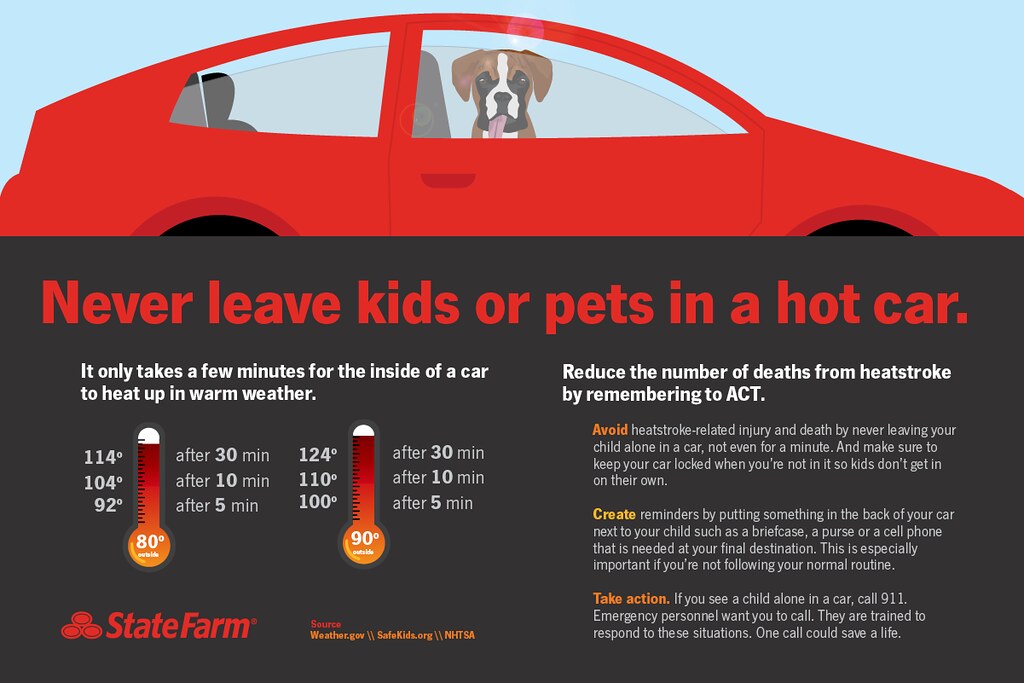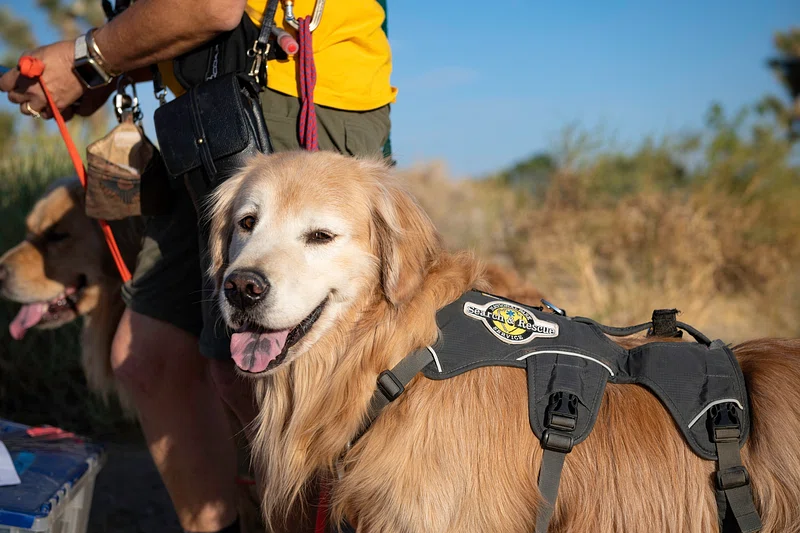Is It Legal To Leave Your Dog In The Car ?
Free public domain CC0 photo.
Is It Legal To Leave Your Dog In The Car :-The answer to this question is contingent upon the state in which you reside. As it stands, 31 states have enacted laws that either forbid leaving an animal in a confined vehicle under hazardous conditions or grant civil immunity to individuals who rescue distressed animals from such situations.
These laws typically stipulate that the animal must be left unattended in a parked or stationary vehicle. To constitute a violation, the conditions within the vehicle must imperil the animal’s life. Specific statutes outline conditions such as extreme temperatures, inadequate ventilation, or neglecting to provide food and water as constituting endangerment. Others define endangerment more broadly as any condition posing an imminent threat to the animal’s well-being.
The scope of these laws varies, with some states extending protection only to dogs and cats while others encompass a broader definition of “animal.” Rescue provisions are typically included, permitting authorized personnel like law enforcement, firefighters, or animal control to forcibly enter vehicles to rescue trapped animals. However, recent legislative trends in approximately 14 states, including Arizona, California, and Florida, have expanded these provisions to grant any person the authority to rescue distressed animals from vehicles.
In adhering to these rescue laws, would-be rescuers are often required to follow specific protocols. This may involve confirming that the vehicle is securely locked and that forcible entry is the sole recourse to retrieve the animal. Additionally, contacting emergency services and leaving a note indicating the situation are common requirements.

Penalties for leaving an animal unattended in a vehicle under perilous conditions vary widely across states. Some impose immediate fines akin to civil infractions, while others designate misdemeanor offenses with fines ranging from hundreds to thousands of dollars, with the possibility of jail time. New Hampshire even escalates repeated offenses to felony status.
While not all states have explicit laws addressing animals in parked vehicles, numerous local ordinances do, and more may be enacted. Even without specific legislation, such actions could still be deemed cruel under certain circumstances, as evidenced by cases such as Lopez v. State in Texas, where a defendant was convicted under the state’s anti-cruelty law for leaving a dog in a hot car while attending a movie, despite the absence of a statute explicitly addressing such situations.
Is It Legal To Leave Your Dog In The Car Can I be Punished for Leaving an Animal in a Vehicle?
Certainly, it’s within the realm of possibility for an individual to face consequences for leaving an animal in a vehicle. Often, these incidents involve well-meaning pet owners who inadvertently leave their pets in hot vehicles, leading to misdemeanor charges. However, when cases involve blatant animal cruelty, the legal ramifications can escalate significantly.
In certain jurisdictions, animal neglect is treated as a “wobbler” crime, meaning it can be categorized as either a misdemeanor or a felony based on the specifics of the case. For misdemeanors, penalties may include up to a year of incarceration along with criminal fines. Should the offense be elevated to a felony charge, the repercussions could involve over a year of imprisonment in a state correctional facility, accompanied by more substantial fines.

It’s important to recognize that the severity of punishment varies depending on factors such as the degree of negligence, the condition of the animal, and any prior offenses. While many cases involve accidental oversights, instances of deliberate cruelty can result in harsher legal consequences, reflecting society’s commitment to protecting the welfare of animals.
Is It Legal To Leave Your Dog In The Car What to do if you spot a dog in a hot car?
When encountering a dog in a hot car, ensuring their safety and well-being should be your top priority. Even if the dog appears calm initially, their condition can deteriorate rapidly in the sweltering heat. Thus, swift action is crucial.
If the dog seems unharmed but is at risk of heat-related distress, taking proactive steps is essential. Station someone by the vehicle to monitor the dog’s condition while you seek assistance from nearby establishments. Providing detailed information such as the car’s description, license plate number, and location within the vicinity can expedite rescue efforts.
Should you suspect the animal is in imminent danger or being mistreated, contacting relevant authorities is imperative. The RSPCA’s 24/7 animal cruelty hotline or emergency services can be notified to address the situation promptly.

Prevention remains the best approach to safeguarding your pet’s health, particularly during hot summer days. Avoiding unnecessary travel with your pet in extreme temperatures is strongly advised. Never leaving your pet unattended in a vehicle, regardless of external conditions, is paramount to preventing potentially life-threatening heat-related illnesses or fatalities. Prioritizing your pet’s safety ensures they remain protected from avoidable harm.
Car Safety for Dogs
Heatstroke poses a significant risk to all dogs, necessitating vigilant awareness from owners regarding their pets’ tolerance levels. Certain breeds, particularly brachycephalic ones like Pugs and Bulldogs, are particularly vulnerable to high temperatures and humidity due to their anatomical features. Owners should closely monitor these breeds for signs of distress, especially concerning breathing difficulties.
Even dogs accustomed to physical activity can succumb to heat exhaustion when exercising in hot weather. It’s crucial for owners to recognize their pets’ limitations and take appropriate precautions to prevent overheating.

When planning road trips with your furry companion, arranging for another adult to accompany you can mitigate risks. Having someone remain in the vehicle with the dog while the air conditioner is running ensures their safety in hot conditions. Moreover, this measure reduces the likelihood of the dog attempting to leap out of open windows at rest stops or in parking lots, minimizing the potential for accidents or escapes. Prioritizing these precautions helps safeguard your pet’s well-being during travel, ensuring a safer and more enjoyable journey for both canine and human passengers.




